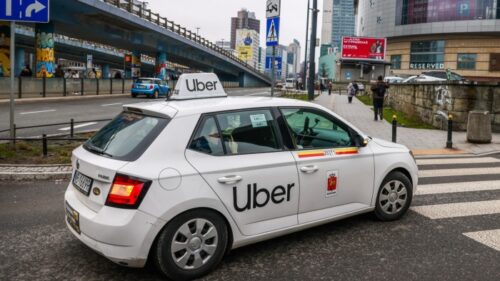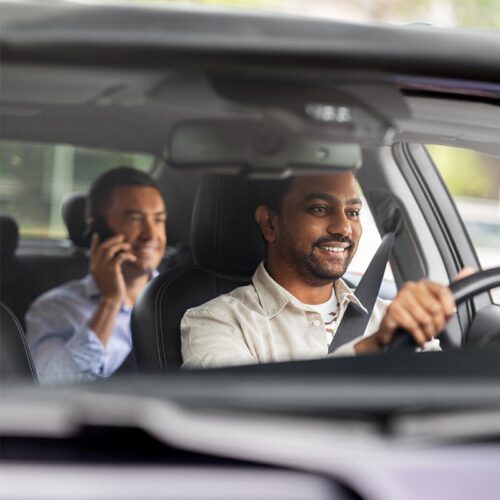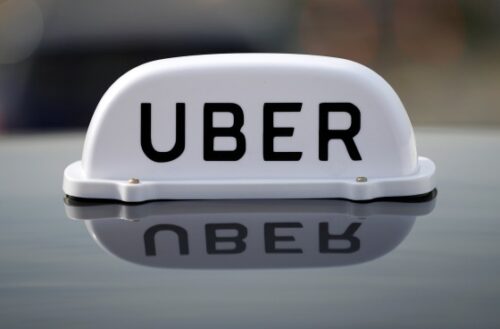
Uber has announced a significant milestone: completing 1 billion rides across its African markets. This achievement, representing over 10 billion kilometers traveled, marks a decade of the ride-hailing giant’s operations on the continent.
The company launched its African journey in 2013 in Johannesburg, South Africa, and has since expanded to seven additional countries: Nigeria, Ghana, Egypt, Kenya, Tanzania, Uganda, and Ivory Coast.
“Since our entry into Africa, we’ve facilitated over 6 million economic opportunities in more than 50 cities,” said Lorraine Onduru, Uber’s head of communications for East and West Africa.
Expanding Presence Across the Continent
In the past year, Uber has expanded its services to over 30 cities, including 21 in South Africa, four in Kenya and Nigeria each, and two in Ghana. This growth has solidified its presence in key markets, with South Africa remaining its largest operational base.
Uber Eats, the company’s food delivery platform, has also been a key driver of growth. Initially launched in 2016 in South Africa with 1,000 restaurants, it now supports over 8,000 merchants across 36 cities in South Africa and Kenya.
Combined, Uber and Uber Eats have served more than 30 million riders and eaters in sub-Saharan Africa, a significant leap from the 2 million riders reported in 2017.

Key Highlights From Uber’s Growth Report
The most popular time for rides is 2 p.m., with Fridays being the busiest day.
OR Tambo International Airport in Johannesburg ranks as the most frequent drop-off destination.
UberX remains the top ride option among users.
The average trip lasts 24 minutes, while the longest recorded journey spanned over 492 kilometers.
Challenges Amid Growth
While Uber has disrupted traditional taxi services and created over 50,000 driver jobs, it continues to face stiff competition from rival platforms like Bolt. These competitors have led to pricing battles that impact driver earnings.
In Kenya, Uber faced backlash in 2016 after reducing fares by almost 50% to counter competition. This move resulted in a civil lawsuit from its drivers. Although the company later introduced a lower-cost service, Chap Chap, the legal battle persists, with reports suggesting Uber may seek arbitration to resolve the issue.
As Uber reflects on its achievements, it faces the dual challenge of maintaining competitive pricing while ensuring sustainable earnings for its drivers. Nonetheless, its billion-ride milestone signifies a growing demand for ride-hailing services across Africa, positioning Uber for continued expansion in the region.



